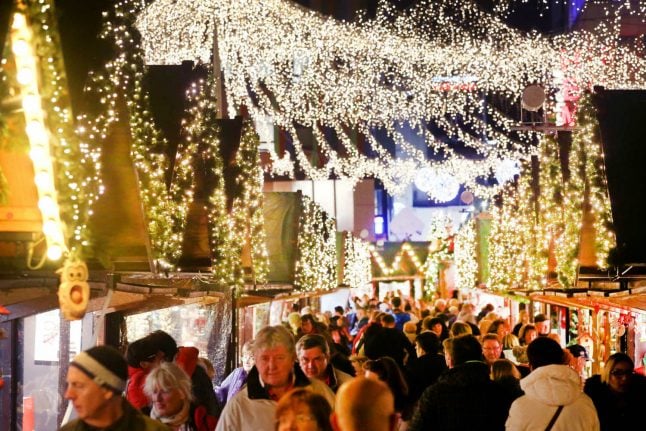After the 10th of July, tossing a beer can elsewhere than the rubbish bin is set to become a costly affair as police will then have mandate to fine litterbugs 800 kronor ($126) on the spot.
However, there are several exceptions to the litter law. Cigarette butts, gum and bus tickets are not considered trash in the eyes of the law, an exception that has been met with massive criticism, reported newspaper Dagens Nyheter on Saturday.
“It’s absolutely idiotic to exclude butts, now that a serious effort is taken. It’s frankly counter-productive,” said Joakim Brodahl of the organisation Håll Sverige Rent (literally translated as Keep Sweden Clean) to DN.
The Swedish Environmental Protection Agency (Naturvårdsverket) point out cigarette butts as the most common form of litter by a wide margin, in a new project about littering.
750 million butts were tossed on the ground in 2005.
“We’ve been charged by the government to reduce littering, and see cigarette butts as a big problem,” said Hans Wrådhe, head of the agency, to the paper.
Environment minister Andreas Carlgren, who criticised the growing amounts of litter in parks as “frightening” in a statement this March, is also bothered by the butts, but doesn’t want to comment further on the Swedish Prosecutor-General’s (Riksåklagaren) decision.
“I’m among those who find all the cigarette butts in parks and streets miserable. I absolutely understand people who are angry about this, but we first have to wait and see what happens when the law comes into effect,” said Carlgren to DN.





 Please whitelist us to continue reading.
Please whitelist us to continue reading.
Member comments